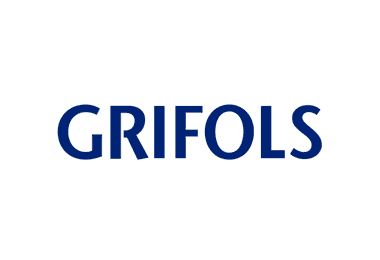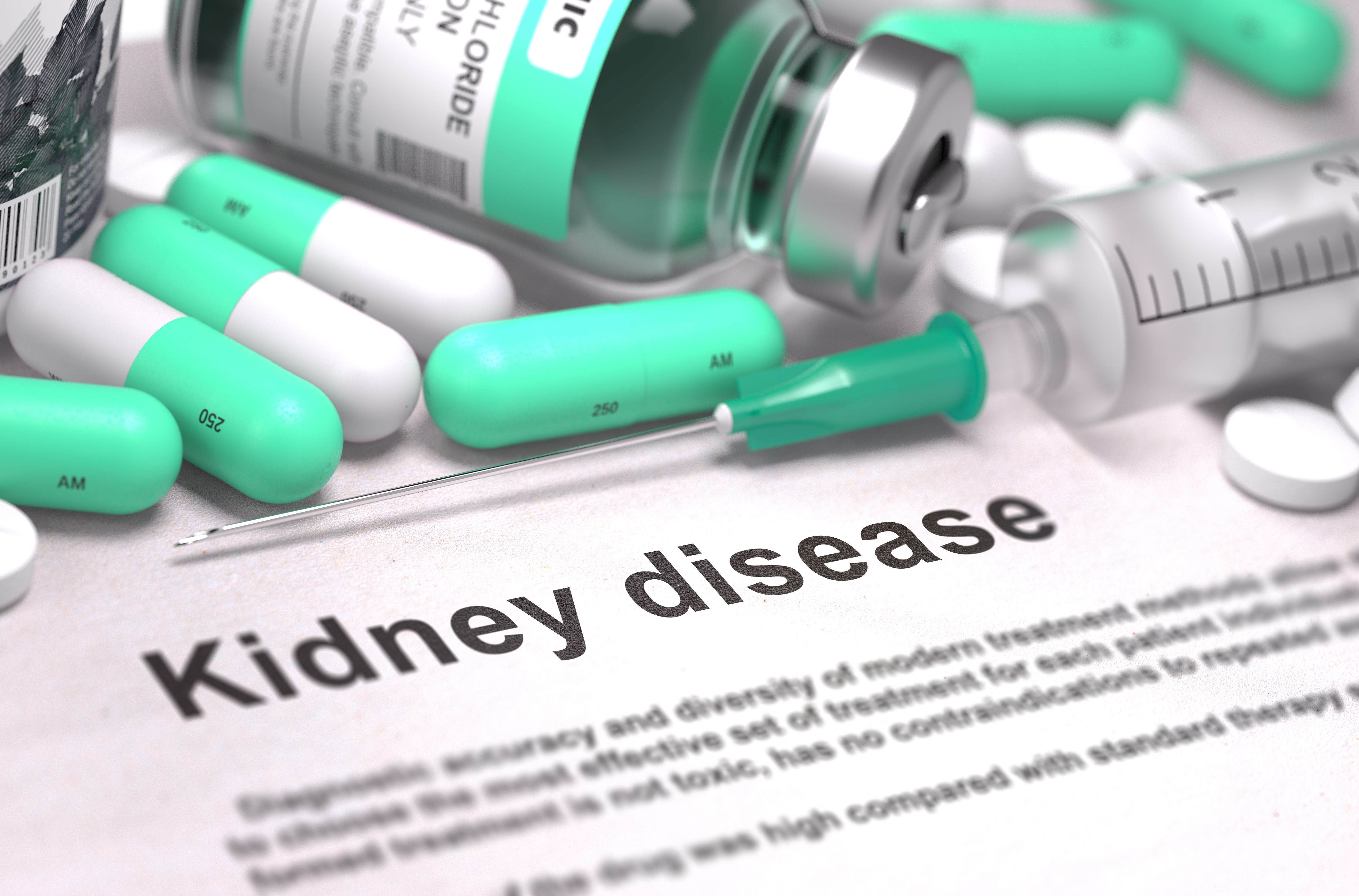Article
Phase 4 Trial Shows Positive Results for Biweekly Dosing of Xembify in Primary Immunodeficiencies
Author(s):
Investigators aimed to support extending the US FDA labeling of Xembify to include the biweekly dosing option, therefore, providing greater flexibility and convenience for patients managing their immunodeficiencies.
Credit: GRIFOLS

Individuals with primary immunodeficiencies (PIDs) may have a new therapeutic dosing option on the horizon. For a population of patients living with rare disease, the results from Grifols’ phase 4 clinical trial could offer a more convenient treatment option without compromising effectiveness or safety.1
The trial evaluated a biweekly dosing option for the subcutaneous immunoglobulin (Ig) human-klhw product Xembify. The study focused on patients with PIDs and demonstrated positive topline results, meeting the primary endpoint.
“Patients using Xembify could have an additional dosing option to choose from, providing more convenience and flexibility when controlling their immunodeficiencies,” said Kim Hanna, Grifols' senior director of Clinical Development. “Grifols is committed to strengthening its portfolio of leading immunoglobulin therapeutics to meet the growing demand as the number of people living with immunodeficiencies continues to increase.”
Investigators of the multicenter, single-sequence, open-label clinical study aimed to support extending the US Food and Drug Administration (FDA) labeling of Xembify to include the biweekly dosing option, therefore, providing greater flexibility and convenience for patients managing their immunodeficiencies.
Patients treated with the biweekly dosing of Xembify achieved non-inferiority in total Ig levels compared with those who received the medication on a weekly basis. Additionally, the biweekly dosing regimen demonstrated a similarly good safety and tolerability profile as the traditional weekly administration.
The study included 27 patients across 18 sites in the US. The positive outcome paves the way for potential FDA approval for the extended dosing option in the US; it is already authorized in Europe.
The product is currently indicated for use in PIDs in the US and for both primary and select secondary immunodeficiencies (SIDs) in Europe, Canada, and Australia. The positive results from the phase 4 trial could lead to an extension of its product labeling to include biweekly dosing in the US, subject to review and approval by the FDA.
According to Gristols’ statement, the global market for Ig is anticipated to experience significant growth in the high single digits in the coming years, primarily due to the rise in PIDs and SIDs. These conditions together account for up to 55% of the total Ig market.
The increase in SIDs has been attributed to factors such as an aging population and the use of immunosuppressive therapies, including immuno-oncology treatments, for which Ig remains the preferred and often the only option.
The drug consists of 20% solution of purified human immunoglobulin G (IgG) derived from large pools of human plasma, manufactured through modifications of the Immune Globulin (Human), 10% Caprylate/Chromatography Purified (IGIV-C 10%) process.
With these promising trial results, Grifols is on track to offer an improved treatment option for patients with primary immunodeficiencies, potentially bringing relief and hope to those living with these conditions. As the company awaits regulatory review and approval, patients and healthcare providers eagerly anticipate the expansion of XEMBIFY®'s dosing options, allowing for more flexibility and personalized care in managing these complex disorders.
References:
- Grifols achieves positive topline results from phase 4 study of XEMBIFY® (immune globulin subcutaneous human-klhw) evaluating biweekly dosing option for patients. News Release. Grifols. July 20, 2023. Accessed July 24, 2023. https://www.grifols.com/en/view-news/-/news/grifols-achieves-positive-topline-results-from-phase-4-study-of-xembify-immune-globulin-subcutaneous-human-klhw-evaluating-biweekly-dosing-option-for-patients





